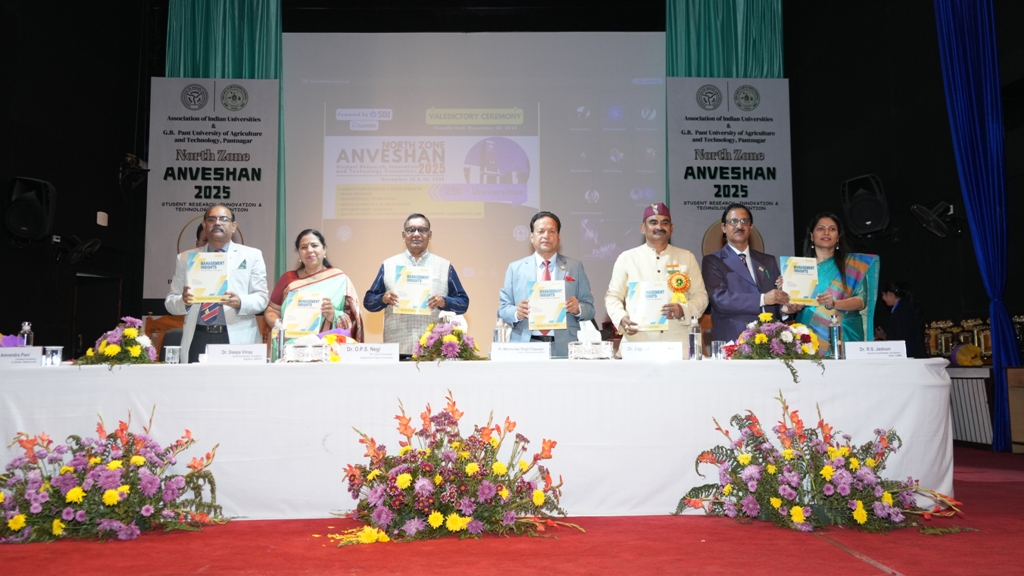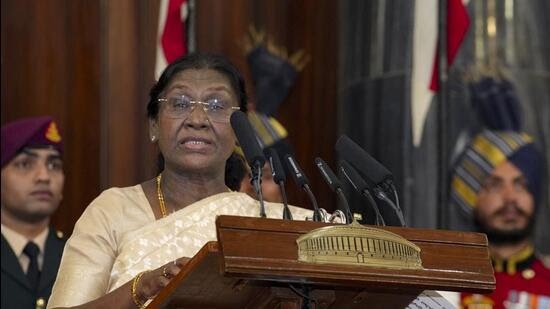Himalaya Harbinger Bureau, Rudrapur.
In a significant political development, Ritesh Pandey, the Lok Sabha MP from Ambedkar Nagar representing the Bahujan Samaj Party (BSP), formally resigned from the party’s primary membership on February 25 and subsequently joined the Bharatiya Janata Party (BJP) in New Delhi.

In his resignation letter addressed to BSP president Mayawati, Pandey elucidated the rationale behind his decision, stating, “For an extended period, I have not received invitations to crucial party meetings, nor have I engaged in any substantive discussions with the party leadership. Despite my persistent efforts to connect with you, [Mayawati], and other high-ranking party officials, my attempts proved futile.”
Pandey emphasized his continuous engagement with constituents during this period, underscoring his involvement in various constituency activities and interactions with supporters from different political affiliations. Expressing his conclusion that the BSP no longer required his services, Pandey remarked, “Hence, I find myself compelled to resign from the primary membership of the party. This decision, though challenging emotionally, appears inevitable.”
Urging Mayawati to accept his resignation, Pandey added, “I sincerely hope that my decision will be understood in the context of the circumstances I find myself in.”
The MP’s move comes against the backdrop of the approaching general elections, indicating a strategic shift in his political allegiance. The development sheds light on the internal dynamics within the BSP and raises questions about the party’s cohesion.
As the political landscape evolves, Ritesh Pandey’s defection to the BJP could potentially impact the electoral dynamics in Ambedkar Nagar. This move underscores the fluidity of alliances and the dynamic nature of Indian politics in the lead-up to the upcoming polls.







